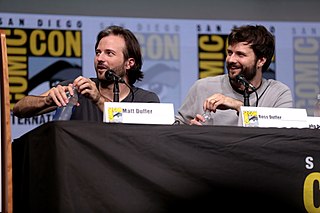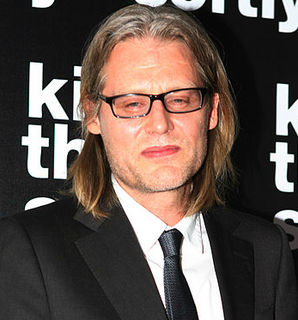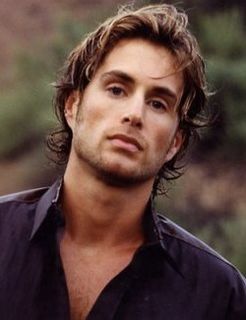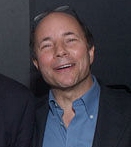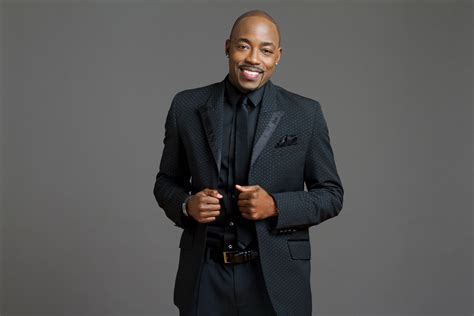A Quote by Thomas Jane
I like filmmakers where, if their film comes on and you step in halfway through it, you can recognize that, hey, this is a Coen Brothers film. Or, hey, this is a Stanley Kubrick movie. You can recognize some filmmakers. Like, if you put on a Sam Raimi movie, you can tell that it's a Sam Raimi movie pretty quickly. I like a signature style that people can recognize and relate to, and connect with. I think that is part of why we seek out certain directors. We want to see how they view the world.
Related Quotes
I think it's good for the fans, as well, because they get to connect with you directly. You know, in the old days, if I wanted to, like, write to (Steven) Spielberg or Sam Raimi or whatever, I'm not sure I could actually write a fan mail and (I'd) have no idea where to actually send it. Nowadays, you can just, like, follow Ashton (Kutcher who still has among the most followers on Twitter) or, like, friend someone, you know, on Facebook, and you can actually just say, "Hey, I like your stuff."
As filmmakers, we want the audience to have the most complete experience they can. For example, I interviewed Stanley Kubrick years ago around the time of '2001: A Space Odyssey.' I was going to see the film that night in London, and he insisted I sit in one of four seats in the theater for the best view or not watch the film.
The movie studios, they only like to make - I make a joke, but it's true - if the movie has the word "man" and a number in the title, they'll make it. If it doesn't have that, it's an R-rated raunchy comedy, and that's it. Any other movie that you're going to make is going to be an independent one. So for filmmakers who want to do something other than "man" and a number, it's either independent films or television, which is like the place for real creative filmmakers to go.
The Coen brothers said something that helped me, "When you put the book down, you have a certain feeling, a certain understanding. That's what they need to feel when they walk out of the theater. That's your job, to literally put this book on film, you won't make a good movie, you'll do no service to anyone.
You go to certain movies where everything will be right and you will be invested in the story, but a movie like 'The Room' affects you instantly, and you are left with asking questions. You're almost like a part of the movie, as its not doing what it's supposed to do, and you become one with the film, and you say what you want.
My interest in music tends toward being orchestral music. And the repertoire of music that exists is, to me, far more emotive than what is standardly used in movie scores. That isn't always. I think there've been some excellent movie scores by excellent directors. But for the most part, watching a film, one of today's movies, I think that the emotional undertone of movie scores is pretty poor.
New media has made it possible for filmmakers like me to get their message out. No big Hollywood studios are needed anymore to make and release a film. More and more people are watching movies and television online than going to the movie theater because of costs. This freedom gives me the opportunity to create the film I want to be seen and heard.


